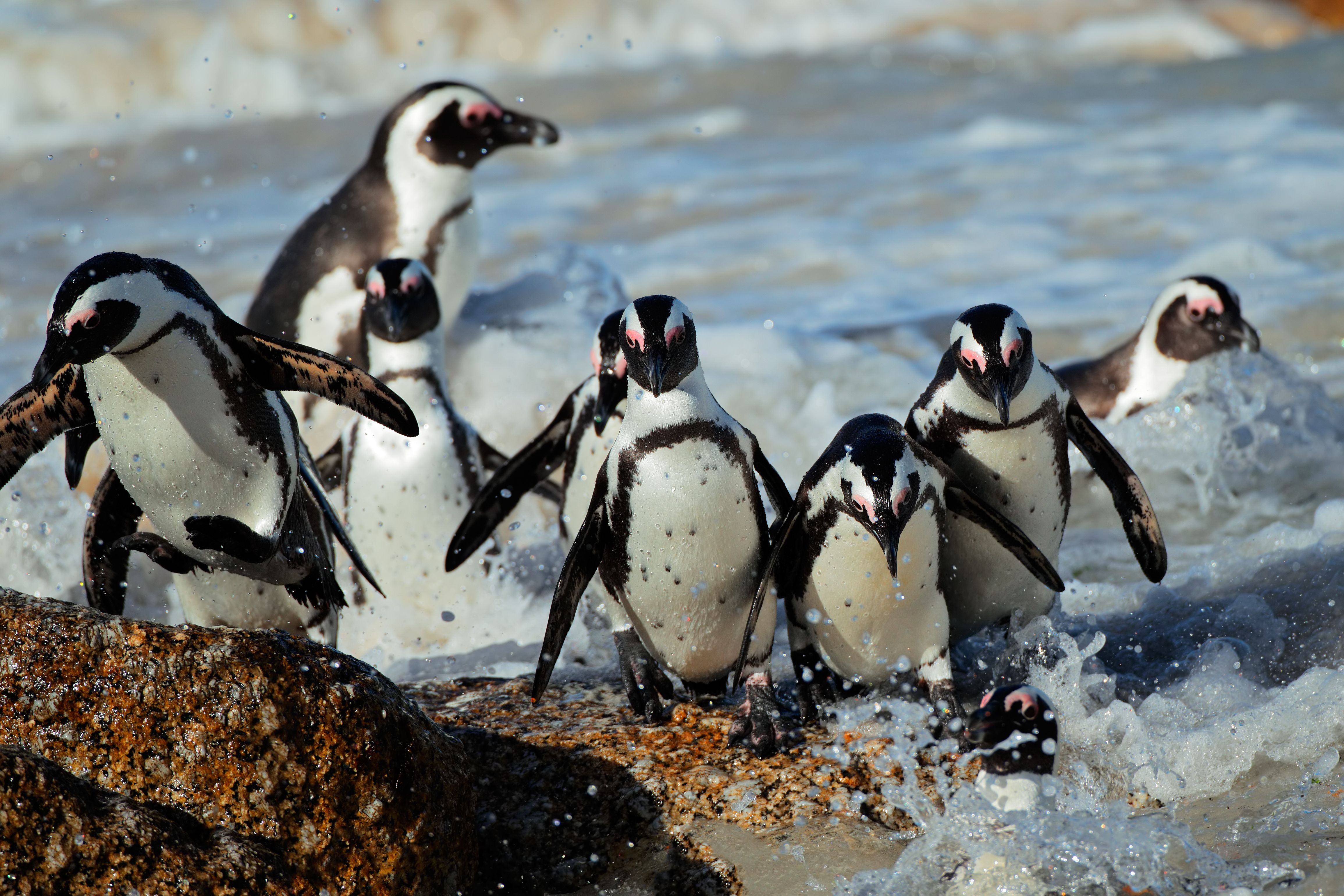Maryland bird curator tapped to lead national penguin program
Jen Kottyan will oversee breeding of African penguins at AZA accredited zoos.
EcoView/stock.adobe.com

Maryland Zoo announced that its bird curator, Jen Kottyan, was appointed to lead a national breeding and population management initiative for African penguins, Spheniscus demersus. Kottyan will serve as the program leader for the African Penguins Species Survival Plan (SSP).
According to a news release, Kottyan will oversee the African penguins breeding programs within Association of Zoos and Aquariums (AZA) accredited zoos. Kottyan, who has worked with SSP for some time, relocated in June 2008 to the Maryland Zoo to specifically work with the colony of African penguins at the Zoo.
“Anyone who’s interacted with the African penguin colony at our Zoo knows how incredible these animals are,” Kottyan said, in the release.1 “Because of the decreasing populations in the wild, the work of the AZA’s African Penguin SSP Program is more critical now than ever.”
African penguins, nicknamed the jackass penguin due to its mating call sounding similar to a braying donkey,2 had its population decline by 90% since the turn of the 20th century, earning them a spot as an endangered species. The penguins are native to southwest Africa and Namibia and are not found anywhere else in the world. These penguins' greatest threat is human interference such as the collection of their eggs and having to compete with fishermen to access fish.
They are also vulnerable in the wild to pollution of their habitats, particularly oil spills. On June 23, 2000, 19,000 African penguins were affected by an oil spill when MV Treasure sunk off the western coast of South Africa between Dassen and Robben Islands, an area that supports the largest and 3rd largest colonies of African penguins.3 As of today, the estimated number of African penguins in the wild is 52,000 and there is a chance that they will go extinct within the next 10 years.1,2 The Maryland Zoo’s penguin team has traveled to support a seabird facility in South Africa for years now and is a founding member of a facility similar in Namibia that is getting up and running.
“Jen’s experience with penguins and deep familiarity with their breeding and population management made her an excellent choice to run this national program with a global impact,” said Margaret Rose-Innes, General Curator at the Maryland Zoo.1
Maryland Zoo has the largest colony of African penguins in North America with over 1000 chicks successfully breed. These birds are part of the Zoo’s Signature Animal Programs as well as one of the most popular attractions to visitors.
Reference
- Maryland Zoo Bird Curator Appointed to Lead A National Penguin Program. News release. Maryland Zoo. March 5, 2024.
- African Penguin. The Maryland Zoo. Accessed March 6, 2024. https://www.marylandzoo.org/animal/african-penguin/
- Crawford RJM, Davis SA, Harding RT, et al. Initial impact of theTreasureoil spill on seabirds off western South Africa. South African Journal of Marine Science. 2000;22(1):157-176. doi:https://doi.org/10.2989/025776100784125645